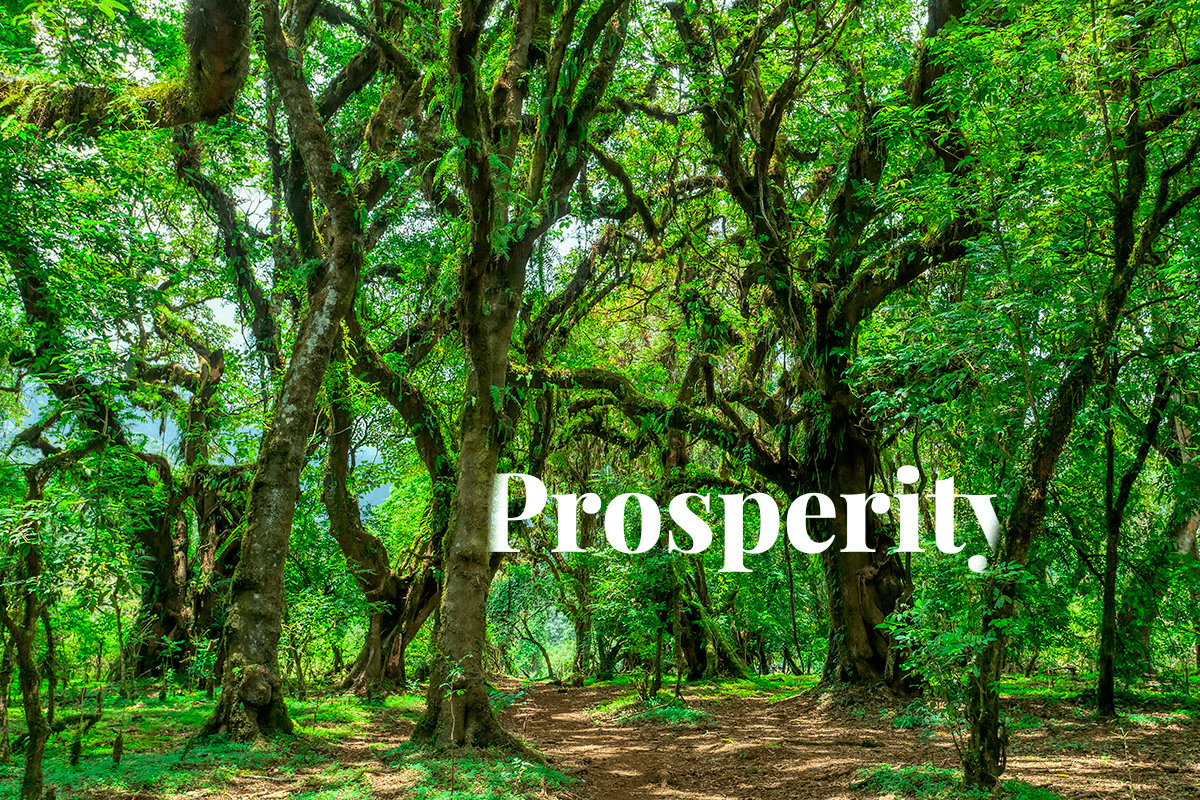Ethiopian Forest Development (EFD) has revealed that Ethiopia's commitment to the forestry sector is on track to generate a staggering $100 million in revenue from carbon trade by 2030. EFD's National Red Plus Program Coordinator, Yitebtu Moges (PhD), stated that Ethiopia is selling carbon credits to the World Bank, aiming to achieve this ambitious goal in the next seven years.
 Harenna Forest, located in a highland region of the Bale Mountains. One of the few remaining natural forests in the country. Oromia Region, Ethiopia.
Harenna Forest, located in a highland region of the Bale Mountains. One of the few remaining natural forests in the country. Oromia Region, Ethiopia.
In the last decade, Ethiopia has already garnered $150 million in revenue through various initiatives, with crucial support from the World Bank and Norway. This substantial financial reward acknowledges Ethiopia's dedication to preserving and expanding its forest cover, which effectively reduces carbon emissions.
Moges emphasised that carbon trading is a long-term commitment, with payments contingent on factors like forest size and carbon content. This approach not only safeguards ecosystems but also maintains environmental equilibrium.
Read more: Farming's new frontier: agroecology in action
Collaborating with foreign partners and a recent agreement with the World Bank, which will provide €40 million for forest maintenance in the Oromia region, showcases Ethiopia's global commitment to forest conservation. A million hectares of forest in the Southwest Ethiopia People's Region are under conservation efforts, benefiting the local population.
This large-scale initiative not only enhances income prospects but also emphasises sustainable forest management. Moges underscored the importance of expanding the national Green Legacy Program, urging the government to allocate more resources to harness its substantial economic potential.
Read more: Dominican Republic receives $6 million boost in carbon credits from the World Bank
Ethiopia's remarkable contributions to global environmental goals and its substantial economic opportunities in the forestry industry make it a commendable success story. By safeguarding its forests and actively participating in carbon trading, Ethiopia is poised to dominate the market and potentially generate billions of dollars annually from the carbon trading sector.
To fully realise its commitment to reducing carbon emissions, Ethiopia is considering establishing a national carbon centre, uniting both domestic and international experts in alignment with the Paris Agreement's goals.
DGB Group is at the forefront of advancing nature-centric projects for a greener Africa and a healthier global environment. Our commitment to environmental restoration and community development shines through our initiatives. By partnering with local communities, governments, and organisations, we ensure that our projects have a positive impact on both the environment and society. Our holistic approach not only heals the environment but also fosters thriving communities.
The journey towards a greener and more sustainable future is a collective effort. Each tree planted, every dollar invested, and every voice raised contributes to making a real difference. We invite you to be a part of this transformative movement. Join us in ensuring that Earth's landscapes flourish, our communities prosper, and its future shines with promise.
Join DGB for a greener future



